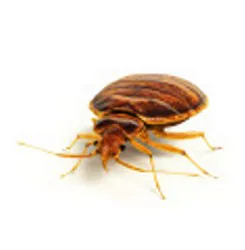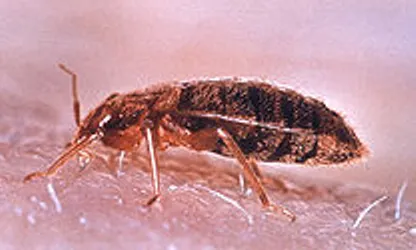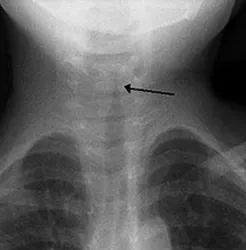
Bronchitis, Flu & Other Cold Bugs
2007 was a challenging year. Early in the year I tangled with a cold, then the flu. Finally, some months later I developed a full blown case of bronchitis which forced me to take a temporary leave from cosmetology school. By December I caught a monster flu that included high fevers and other bizarre symptoms. Meanwhile I had friends battling Strep Throat, pneumonia and other viruses.Part of the challenge with the cold and flu, as well as other more serious winter bugs is figuring out what flavor of bug you have and then treating it appropriately. Of course the question always arises, is it better or worse to get medical treatment which not only exposes you in your most contagious period to others or the possibility of picking up something else in a weakened physical state. For some bugs, traditional medical care is important.
Listed below are the most common types of winter bugs by symptoms, best treatment options & other tips.
1. The Flu aka Influenza - Sudden fever, chills, headache, muscle aches & pains with extreme exhaustion. After a period of days the flu can morph into dry hacking cough, sore throat and lung congestion. Some forms of flu include nightmares and digestive upsets including inability to keep food in the system. Unless there are complications such as a high or prolonged fever, treat at home with bed rest, fluids and Tylenol. The incumbation period is 1-5 days and can be picked up from others via droplets in the air or touching contaminated items. Contagious for up to 7 days after first symptoms appear.
2. Colds - Sore throat, stuffy nose, lung congestion, aches and pains. Unless there are complications such as a bronchitis or pneumonia, treat at home with bed rest, warm water gargle, lots of fluids and Tylenol. The incumbation period is 1-3 days and can be picked up from others via droplets in the air or touching contaminated items. Contagious for up to 5 days after first symptoms appear.
3. Bronchitis - Often occurs several days after the beginning of the flu or cold. Includes wheezing, tightness of chest, mucous producing cough. Exhaustion and possible digestion upset. Not contagious in most causes. Can last all year. Worsened by smoking or pollution. See a doctor, get antibiotics when appropriate and use bronchodilator, decongestants.
4. Strep Throat - Extremely sore throat which is know for feeling like razor blades were swallowed. Includes swollen glands, swollen tonsils, severe headache and fever. See a doctor immediately since antibiotics are essential to prevent rheumatic fever, kidney problems or other more serious complications. The incubation period is usually 3 days. Contagious when taking antibiotics for 2-4 days. Without antibiotics it can be contagious for up to 21 days or more.
5. Pneumonia - Can be either Viral or Bacteria. Usually develops after a case of the flu or a cold. Both types of pneumonia are serious but the Bacteria is much more serious. Although both involve fever, chills, mucous producing cough, achiness, headache, fatigue, chest pain and exhaustion. Bacterial pneumonia also involves bloodstained mucous and sputum with nauseau and vomiting more pronounced with bacteria pneumonia. See a doctor for either type of pneumonia which requires antibiotics, bed rest, decongestant and possible antiviral. Steam inhalation may help. Both types can be very contagious when not on antibiotics. Ask your doctor to make sure you don't infect others. The incubation periods can range from 2 to 10 days. Can lead to more severe complications, even death, if left untreated.
6. Meningitis - Meningitis may develop in response to a number of causes which is most often bacteria, viruses and other infectious diseases. In some cases it is possible that meningitis may develop after a bout with other diseases such as pneumonia. See a doctor immediately. Required medical treatment and can be viral or bacteria like pneumonia. Can be highly contagious and requires drug intervention.
How To Prevent
How to prevent all of the above bugs include washing hands frequently, avoid touching nose, mouth and eyes. In some cases a flu shot is highly recommended. Acupunture treatments designed to build up the immune system can help as can Emergen-C to keep Vitamin C at highest levels. A lowered resistance to disease from a lowered immune system can result in more frequent colds, flu and related diseases. During the height of flu/cold season avoid crowded places when possible and avoid people that are obviously ill, coughing or with flu like symptoms. Take vitamins and Vitamin C.Social Media Network Information
Please follow us on Twitter at: https://Twitter.com/HairBoutique. I look forward to meeting new people from all walks of Twitter and learning from their Tweets.















